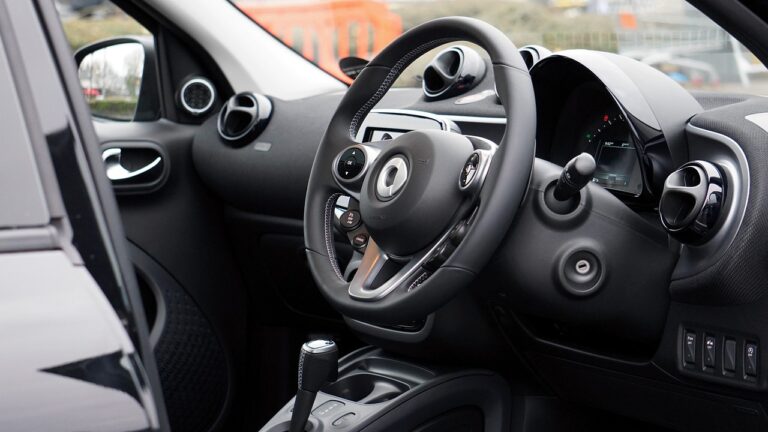Analyzing the Growth of AI-powered Virtual Assistants in Car Cockpits
AI-powered virtual assistants are revolutionizing the automotive industry by bringing cutting-edge technology into car cockpits. These intelligent systems are designed to enhance the driving experience and provide seamless interaction between drivers and their vehicles. With advancements in AI capabilities, virtual assistants can understand natural language commands and carry out various tasks, such as adjusting climate settings, navigating directions, making phone calls, or even playing music, all through voice commands.
By integrating AI-powered virtual assistants into car cockpits, automakers aim to improve safety on the roads by allowing drivers to keep their hands on the wheel and eyes on the road. These virtual assistants can provide real-time updates on traffic conditions, suggest alternative routes, or alert drivers about potential hazards ahead. Furthermore, the convenience of having a virtual assistant at your fingertips can help to reduce driver distractions and enhance overall driving efficiency.
• AI-powered virtual assistants in car cockpits revolutionize the automotive industry
• Designed to enhance driving experience and provide seamless interaction between drivers and vehicles
• Capable of understanding natural language commands for tasks such as adjusting climate settings, navigating directions, making phone calls, or playing music
• Aim to improve safety on the roads by allowing drivers to keep hands on the wheel and eyes on the road
• Provide real-time updates on traffic conditions, suggest alternative routes, or alert drivers about potential hazards ahead
• Help reduce driver distractions and enhance overall driving efficiency
Evolution of Virtual Assistants in Automotive Industry
The automotive industry has witnessed a remarkable evolution in the integration of virtual assistants into car cockpits over the years. Initially, virtual assistants were limited to basic tasks such as voice-controlled systems for navigation or making phone calls. However, advancements in artificial intelligence have propelled virtual assistants to become more sophisticated and intuitive, offering a wide range of functionalities to enhance the driving experience.
As technology continues to progress, virtual assistants have become integral components of modern vehicles, providing drivers with personalized assistance and seamless connectivity. These AI-powered virtual assistants are designed to not only respond to voice commands but also anticipate users’ needs through predictive analytics and machine learning algorithms, creating a more intuitive and interactive driving environment.
Benefits of AI-powered Virtual Assistants in Car Cockpits
AI-powered virtual assistants in car cockpits offer a multitude of advantages for both drivers and passengers. One of the key benefits is the ability to provide hands-free control over various functions within the vehicle, such as adjusting the climate control, changing music tracks, or even answering phone calls. This not only enhances convenience for users but also promotes safety by allowing drivers to keep their hands on the wheel and eyes on the road.
Furthermore, these virtual assistants can also offer personalized experiences tailored to individual preferences. By leveraging AI technology, these systems can learn from user interactions and adapt to specific needs and habits. This level of customization not only enhances user satisfaction but also creates a more seamless and intuitive driving experience.
What exactly is an AI-powered virtual assistant in a car cockpit?
An AI-powered virtual assistant in a car cockpit is a voice-activated technology that allows drivers to control various functions in their vehicle through natural language commands.
How have virtual assistants evolved in the automotive industry over the years?
Virtual assistants in car cockpits have evolved from basic voice command systems to sophisticated AI-powered assistants that can understand and respond to complex queries.
What are some benefits of having an AI-powered virtual assistant in a car cockpit?
Some benefits include hands-free operation, improved driver safety, enhanced user experience, personalized recommendations, and increased productivity while on the road.





